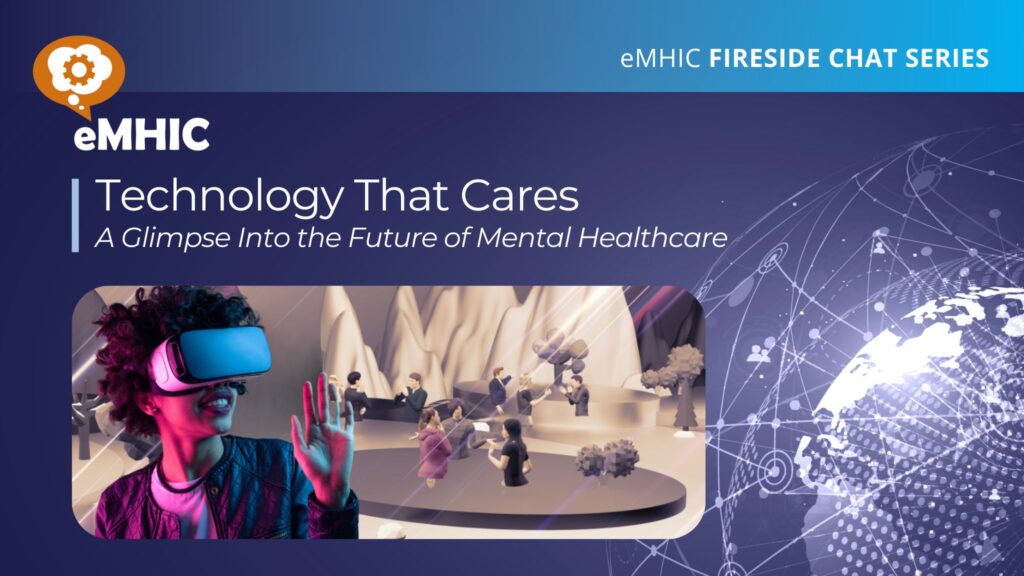Physician, researcher and scientist Dr. Jorge Palacios explains how this style of care works and how it can help combat today’s mental healthcare crisis.
All Knowledge Bank Articles
-
-
During a panel discussion at Going Digital: Behavioral Health Tech 2022, investors discuss what’s next for the space as funding slows down, and explore the value of direct-to-consumer tools.
-
Mental healthcare may be among the more intuitive specialties to deliver via telemedicine – but privacy demands, technology difficulties and the need for safe places deter some from taking advantage.
-
ORCHA have commissioned independent research to ask 2,000 UK residents what they think about Digital Health.
-
Thomas Insel discussed the impact the pandemic has had on digital mental health development for serious mental illness, and future directions for this vulnerable population within digital mental health.
-
Mental health conditions are a substantial global health issue that’s continuously increasing. Soul Machines Digital People can, and do deliver mental health support in a uniquely kind and inclusive way – patients and clients feel seen and heard in a judgment-free space.
-
In this interview Christine Morgan, CEO of the National Mental Health Commission of Australia and Chair of eMHIC Board, discusses the importance of establishing a national Digital Mental Health Ecosystem in Australia, at the Digital Health Festival at Melbourne ICC on 1 June 2022.
-
New York State Office for the Aging Deploys AI Robots as Companions for Older Adults
by Bill Siwickiby Bill SiwickiBuilding on its effort to battle social isolation and support aging in place, the New York State Office for the Aging is delivering voice-operated smart technology to the homes of more than 800 older adults.
-
The interest and demand for remote patient monitoring (RPM) has significantly increased throughout the pandemic. Remote patient monitoring success requires a shift in patients, providers, payers, and tech developers’ mindsets in order to create more cost-efficient solutions.
-
Key summary: Few human-centered design approaches to digital solutions exist in the field of mental health, and rarely are end users involved in their development. The main objective of this literature review is to understand how human-centered design is considered in e-mental health intervention research. A total of 30 …
Search Our Knowledge Bank
Upcoming Events
Webinar Replays

Member Login
Our Audience
eMHIC has and audience of 7 member countries (and growing) with thousands of subscribers around the worlds.
Something to share?
We value high quality information and will gladly receive your contribution



